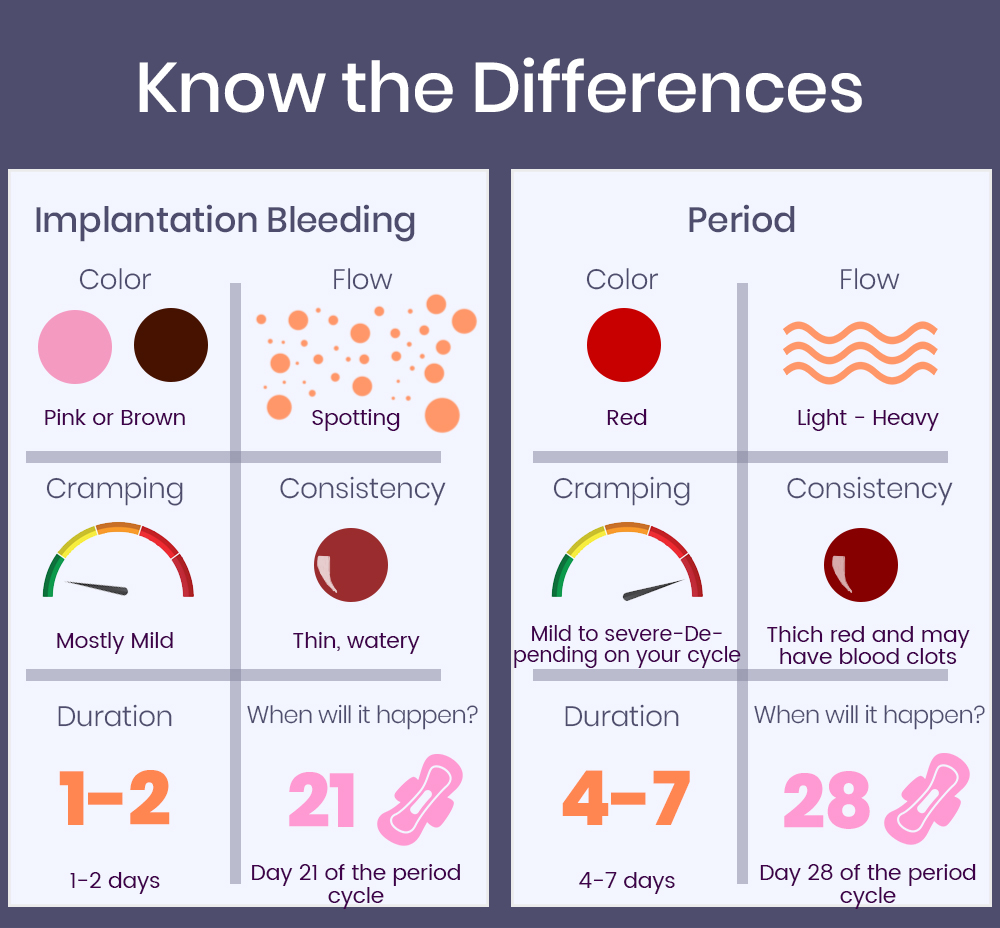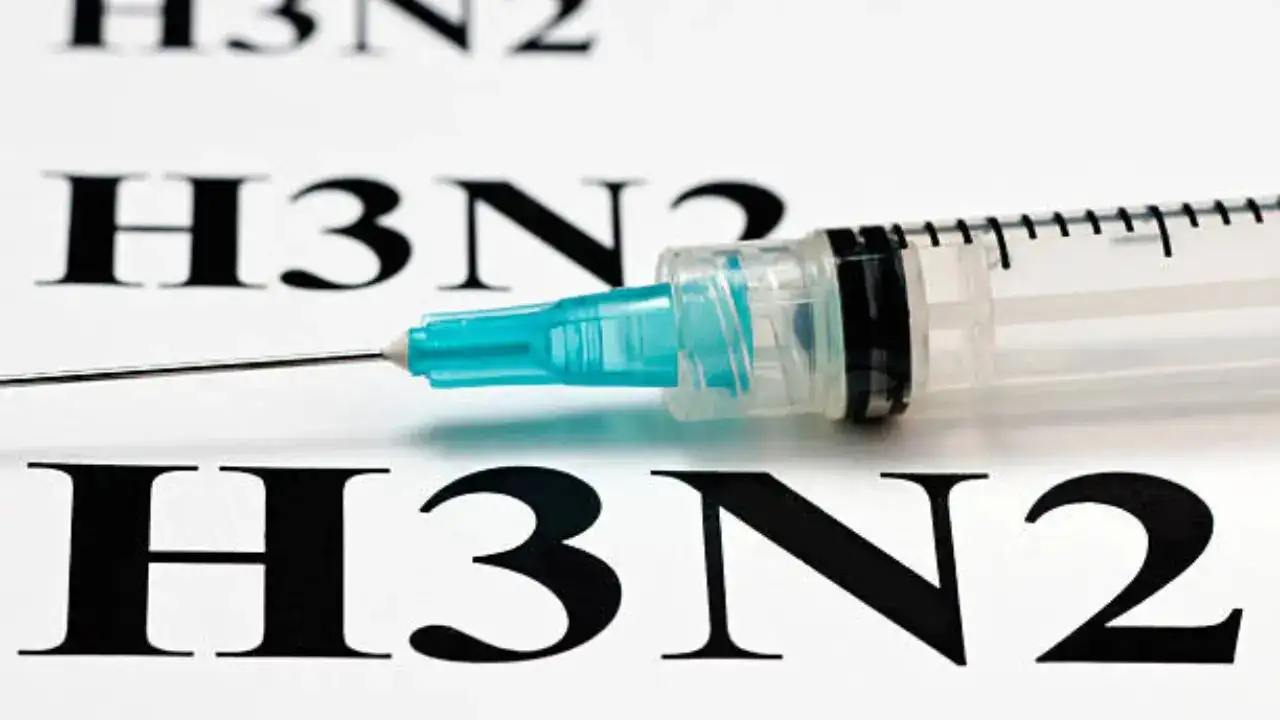Spotting vs Period: Unraveling Menstrual Mysteries
The female menstrual cycle is a complex and often misunderstood aspect of women’s health. Within this cycle, two phenomena often cause confusion and concern: spotting and periods. In this comprehensive guide, we aim to shed light on the differences between spotting and periods, helping you gain a deeper understanding of your body’s natural processes.

Spotting and Periods: Overview
To begin our exploration, it’s essential to understand the basics. Spotting refers to light, intermittent vaginal bleeding that occurs between menstrual periods. It can be accompanied by a range of symptoms and may raise questions about its origins. On the other hand, menstruation, commonly known as having a “period,” is a regular, monthly discharge of blood and tissue from the uterus. It’s a fundamental aspect of the female reproductive cycle.
Spotting: Causes and Concerns
Let’s delve deeper into spotting. This phenomenon can have various causes, including hormonal fluctuations, contraceptive use, or even stress. While spotting is often harmless and temporary, there are instances when it might indicate an underlying issue. It’s crucial to recognize the signs that should raise concern and prompt you to seek medical advice.
Periods: Understanding the Menstrual Cycle
Now, let’s shift our focus to periods, an integral part of the menstrual cycle. The menstrual cycle consists of various phases, including menstruation. Understanding this cycle is key to comprehending what a regular period entails. We’ll explore the phases and what constitutes a typical menstrual period.
Spotting vs Period: Key Differences
To differentiate between spotting and periods effectively, we need to examine the key distinctions. One significant difference is the duration and flow of each. Spotting is typically shorter and lighter than a full-blown period. Additionally, the color and consistency of the discharge can vary significantly. Understanding these nuances is essential for recognizing what your body is telling you.
Spotting and Pregnancy
For many women, spotting can be a cause for concern, especially when pregnancy is in question. We’ll explore the concept of implantation bleeding, a common cause of spotting during early pregnancy. It’s crucial to clarify misconceptions and provide insights into what to expect during this delicate phase of a woman’s life.
Spotting vs. Period: When to Seek Medical Advice
Recognizing when to seek medical advice is crucial for women experiencing spotting. We’ll outline the symptoms and situations that should raise concern, prompting you to consult a healthcare professional. Early detection and intervention can be vital in addressing underlying issues.
Managing Spotting and Periods
When it comes to managing spotting and period-related discomfort, there are various strategies to consider. We’ll explore home remedies and self-care tips that can help ease symptoms. Additionally, we’ll discuss situations in which medical intervention may be necessary, ensuring that you have a comprehensive understanding of your options.
Spotting and Periods in Different Life Stages
As women transition through different life stages, spotting and periods can vary significantly. We’ll address the unique challenges faced by teenage girls, including irregular periods and spotting. Furthermore, we’ll explore how menopause can lead to changes in menstrual patterns, shedding light on what women can expect during this phase of life.
Frequently Asked Questions (FAQs)
1. Q: What is spotting, and how does it differ from a period?
A: Spotting is light, intermittent vaginal bleeding that occurs between menstrual periods. It differs from a period in terms of flow, duration, and other characteristics.
2. Q: What are the common causes of spotting?
A: Spotting can be caused by various factors, including hormonal fluctuations, contraceptive use, stress, or underlying medical conditions. Understanding the cause is essential for proper management.
3. Q: Is spotting during pregnancy normal, and how can I differentiate it from a period?
A: Spotting during early pregnancy, known as implantation bleeding, can be normal. It is often lighter and shorter in duration than a typical period, and it occurs when a fertilized egg attaches to the uterus lining.
4. Q: When should I be concerned about spotting and seeking medical advice?
A: If you experience heavy, persistent spotting, severe abdominal pain, or other concerning symptoms, it’s essential to consult a healthcare professional promptly. These could be signs of an underlying issue.
5. Q: Can spotting be managed at home, or is medical intervention necessary?
A: Mild spotting can often be managed with self-care and home remedies. However, if spotting is accompanied by severe pain or unusual symptoms, medical intervention may be required.
6. Q: Are there any home remedies to alleviate spotting or period discomfort?
A: Yes, several home remedies, such as staying hydrated, managing stress, and maintaining a balanced diet, can help alleviate discomfort associated with spotting or periods.
7. Q: Do teenagers experience spotting differently than adults?
A: Yes, teenage girls may experience irregular periods and spotting as they undergo hormonal changes during adolescence. It’s a common part of the menstrual cycle’s maturation process.
8. Q: Can menopause lead to changes in spotting and period patterns?
A: Yes, menopause can result in irregular periods and changes in spotting patterns. It marks the end of the reproductive phase, leading to a transition in menstrual patterns.
9. Q: How can I differentiate between spotting and a heavy period flow?
A: Spotting is typically characterized by its light flow and shorter duration compared to a regular period. Heavy periods involve a more substantial flow and longer duration.
10. Q: What’s the best way to stay informed about my menstrual health?
A: Staying informed involves understanding your menstrual cycle, tracking changes, and seeking professional guidance when needed. Regular health check-ups and open communication with your healthcare provider are essential.
Conclusion:
In conclusion, understanding the distinctions between spotting and periods is essential for every woman’s health. By comprehending the symptoms, causes, and when to seek medical advice, you empower yourself to make informed decisions about your well-being. We encourage you to stay proactive about your menstrual health, seek professional guidance when necessary, and embrace the changes that may occur during various life stages. Your body’s natural processes, including spotting and periods, are integral to your overall health and should be approached with care and knowledge.



